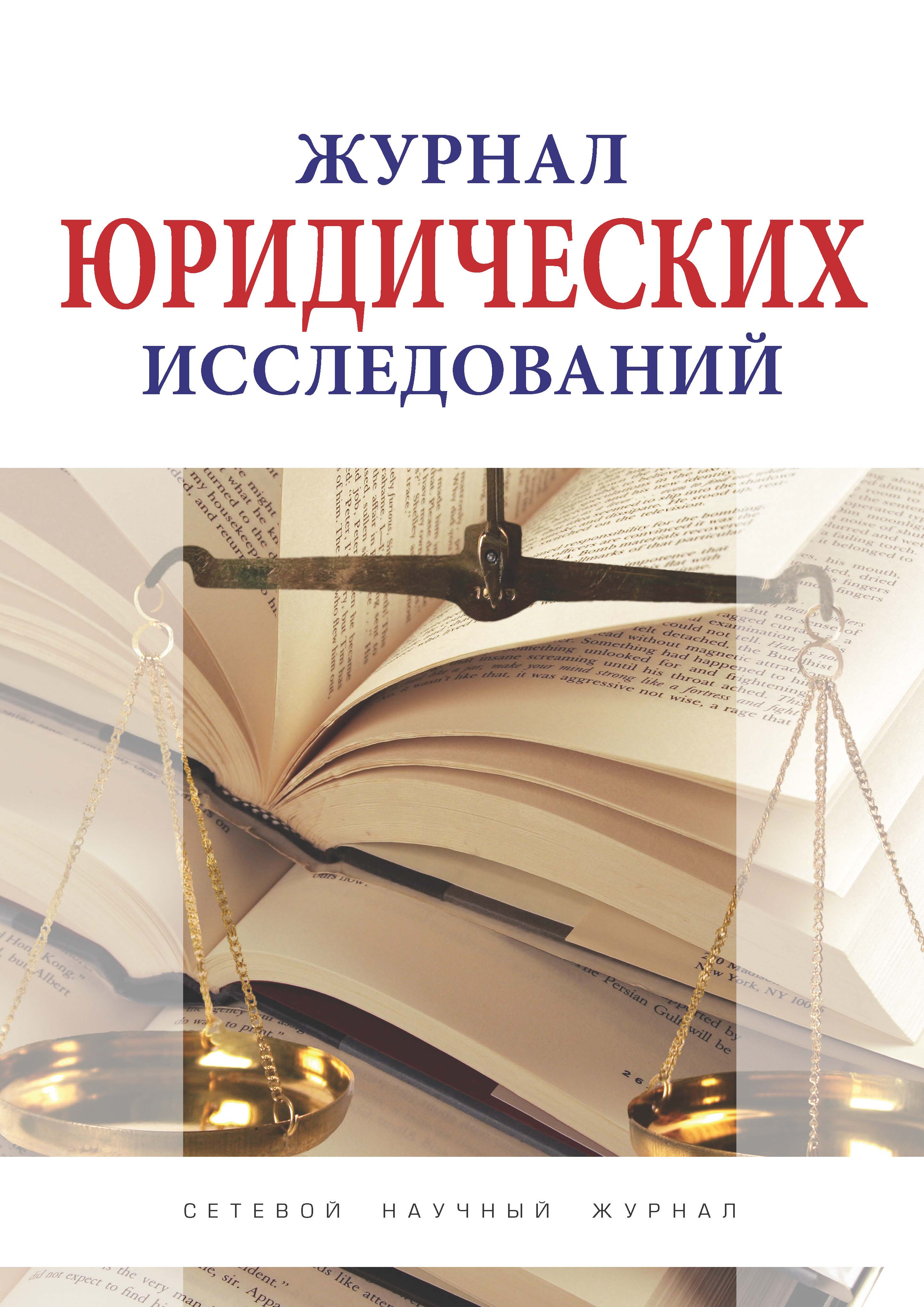Krasnodar, Russian Federation
UDC 343.1
UDC 34
CSCSTI 10.79
The article examines the legal basis for the use of video conferencing in investigative actions. Attention is drawn to the tendency to expand the possibility of carrying out investigative actions by an alternative method - a discriminatory one, the prerequisites for the formation of which were legislative discussions of a number of draft laws. It is proved that, despite the evolution of the institute of video conferencing in criminal proceedings, it still raises questions about the admissibility of the use of this technology in the production of individual investigative actions. Based on the analysis of the legislation, the possibilities of using video conferencing are determined, from the standpoint of the admissibility criteria that establish the requirements for the proper: subject, procedural action, form of evidence, procedure for using video conferencing. The necessity of developing a general rule clarifying the criteria for the admissibility of the use of a remote method of conducting investigative actions and ensuring guarantees of the rights of participants is argued.
investigative actions, video conferencing, admissibility, rights
1. Glimeida V.V. Video conferencing as a condition for the effectiveness of investigative actions [Text] / V.V. Glimeida // Actual problems of judicial, law enforcement, human rights, criminal procedural activity and national security: materials of the International Scientific and Practical Conference dedicated to the 50th anniversary of education departments of criminal procedure. In 2 hours / Ed. V.A. Sementsov. Part 1. Krasnodar: Kuban State University. - 2022. - pp. 97-107.
2. Sementsov V.A. Application of videoconferencing technology in a court session and in the course of investigative actions [Text] / V.A. Sementsov // Library of criminalist. Scientific journal. - 2016. - № 6(29). - Pp. 100-106.
3. Draft Federal Law No. 764131-6 "On Amendments to the Criminal Procedure Code of the Russian Federation (in terms of Conducting a Preliminary Investigation using video conferencing systems)" (as amended by the State Duma of the Federal Assembly of the Russian Federation, text as of 08.04.2015). [Electronic resource] // SPS ConsultantPlus - URL: http://www.consultant.ru/cons/cgi/online.cgi?req=doc&base=PRJ&n=130385#yHuNVlSHk2tUblwK (accessed: 08.04.2023).
4. Passport of the draft Federal Law No. 434998-7 "On Amendments to the Criminal Procedure Code of the Russian Federation" (on interrogation of a witness by an investigator via videoconference)" (submitted by a member of the Federation Council of the Federal Assembly of the Russian Federation A.V. Kutepov) (withdrawn from consideration). [Electronic resource] // SPS ConsultantPlus - URL: http://www.consultant.ru/cons/cgi/online.cgi?req=doc&base=PRJ&n=170794#NUdNVlSGc55EVcol1 (accessed 08.04.2023).
5. Federal Law No. 501-FZ of December 30, 2021 "On Amendments to the Criminal Procedure Code of the Russian Federation" // Rossiyskaya Gazeta. - 2022. January 11.
6. Federal Law No. 610-FZ of December 29, 2022 "On Amendments to the Criminal Procedure Code of the Russian Federation" // Rossiyskaya Gazeta. - 2023. January 10.
7. Kuznetsov A.V. Problematic aspects of interrogation of a witness (victim) when investigating a crime committed in the resort region and the possibility of using video conferencing [Text] / A.V. Kuznetsov // Society: politics, economics, law. - 2019. - №10 (75). - Pp. 37-40.
8. Grin D.S. The legal basis for the use of videoconference calls in the corner proceedings [Text] / D.S. Grin // Theory and practice of social development. - 2020. - №4 (146). - Pp. 31-36.
9. Plakhota K.S. The use of video conferencing by the investigator (inquirer) in the production of investigative actions [Text] / K.S. Plakhota // News of TulSU. Economic and legal sciences. - 2022. - No. 1. - pp. 98-105.
10. Investigators will be able to conduct video interrogations and confrontations // Russian newspaper. 2021. December 30.
11. Malysheva O. A. Procedural guarantees of the rights of participants in investigative actions carried out using a video conferencing system [Text] / O.A. Malysheva // Lex Russica. - 2022. - №6 (187). - Pp. 74-84.
12. Kozhich I. S. Investigative actions by using video conferencing systems [Text] / I. S. Kozhich // Young scientist. - 2022. - № 20 (415). - Pp. 306-307.
13. Doroshenko A.A. Features of interrogation using video conferencing systems [Text] / A.A. Doroshenko, K.A. Vorobyova // Young scientist. - 2023. - № 2 (449). - Pp. 276-277.
14. Ponomarenko Yu.N. Features of the interrogation, confrontation, knowledge through the use of video conferencing systems: actual problems and ways to solve them [Text] / Yu.N. Ponomarenko // Bulletin of Science. - 2022. - №. 6 (51). - P. 257-263.
15. Shcherba S.P. The use of videoconferencing in criminal proceedings in Russia and foreign countries: experience, problems, prospects [Text] / S.P. Shcherba, E.A. Arkhipova // M.: Yurlitinform, 2016. - 212 p.
16. Sementsov V.A. Digital technologies in domestic criminal court proceedings [Text] / V.A. Sementsov // Legal Bulletin of the Kuban State University. - 2022. - No. 4. - pp. 97-105.
17. Ovchinnikova O.V. Remote investigative actions: modern state and prospects [Text] / O.V. Ovchinnikova // Legal science and law enforcement practice. - 2019. - № 1 (47). - Pp. 108-116.
18. Ramaldanov H.H. Digital evidence obtained by using video conferencing systems [Text] / H.H. Ramaldanov // Actual problems of Russian law. - 2022. - №11 (144). - Pp. 124-131.






